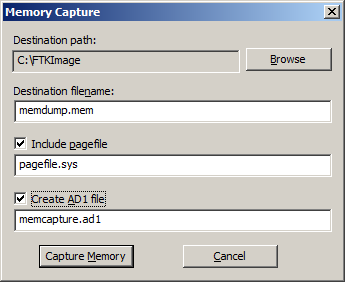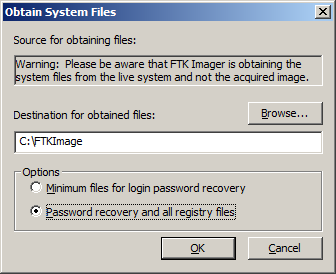Court Awards Sanctions, But Declines to Order Defendants to Retain an eDiscovery Vendor – Yet – eDiscovery Case Law

In Logtale, Ltd. v. IKOR, Inc., No. C-11-05452 CW (DMR) (N.D. Cal. July 31, 2013), California Magistrate Judge Donna M. Ryu granted the plaintiff’s motion to compel responses to discovery and awarded partial attorney’s fees as a result of defendants’ conduct. The judge did not grant the plaintiff’s request to order Defendants to retain an eDiscovery vendor to conduct a thorough and adequate search for responsive electronic documents, but did note that the court would do so “if there are continuing problems with their document productions”.
Case Background
The plaintiff, a shareholder in pharmaceutical company IKOR, Inc. (“IKOR”), a filed suit against the defendant and two of its officers, Dr. James Canton and Dr. Ross W. Tye, accusing the defendant of misrepresentations to induce the plaintiff to invest, breach of fiduciary duties, breach of contract, and breach of the implied covenant of good faith and fair dealing. The defendant brought counterclaims for breach of a licensing agreement, theft of intellectual property, and interference with prospective economic advantage.
In the motion to compel, the plaintiff sought to compel the defendants’ compliance with a prior court order to compel the production of all responsive documents as well as to compel production from Dr. Canton, who objected to several of Plaintiff’s discovery requests. The plaintiff contended that Defendants’ document productions were incomplete and that they “failed to adequately search for all responsive electronic documents”, asserting that all three defendants had produced a total of only 121 emails, 109 of which were communications with the plaintiff (including only three pages in response to a request seeking all documents relating to the defendant’s communications with a company run by three of IKOR’s principals. The “dearth of responsive documents, as well as the lack of emails from at least one key individual”, caused the plaintiff to “raise concerns about the quality of Defendants’ document preservation and collection efforts” and express concerns about possible “evidence spoliation through the deletion of emails”. The plaintiff also contended that Dr. Canton waived his objections by failing to serve a timely response.
Judge’s Ruling
Judge Nyu agreed with the plaintiff’s, noting that “Given the paucity of documents produced by Defendants to date, as well as counsel’s own acknowledgment that Defendants’ productions have been incomplete, the court shares Plaintiff’s concerns about the inadequacy of Defendants’ search for responsive documents. Defense counsel has not been sufficiently proactive in ensuring that his clients are conducting thorough and appropriate document searches, especially in light of obvious gaps and underproduction. Under such circumstances, it is not enough for counsel to simply give instructions to his clients and count on them to fulfill their discovery obligations. The Federal Rules of Civil Procedure place an affirmative obligation on an attorney to ensure that a client’s search for responsive documents and information is complete.” She also agreed with the plaintiff regarding Dr. Canton’s objections, since he “offered no reason for his late responses”.
Judge Nyu ordered the defendants to “produce all remaining responsive documents by no later than August 26, 2013”, noting that “if there are continuing problems with their document productions, the court will order them to retain the services of an e-discovery vendor”. Judge Nyu also granted attorney’s fees for the plaintiff’s activities “as a result of Defendants’ conduct”, albeit at a reduced amount of $5,200.
So, what do you think? Was the sanction warranted? Should the judge have ordered the defendants to retain an eDiscovery vendor? Please share any comments you might have or if you’d like to know more about a particular topic.
Disclaimer: The views represented herein are exclusively the views of the author, and do not necessarily represent the views held by CloudNine Discovery. eDiscoveryDaily is made available by CloudNine Discovery solely for educational purposes to provide general information about general eDiscovery principles and not to provide specific legal advice applicable to any particular circumstance. eDiscoveryDaily should not be used as a substitute for competent legal advice from a lawyer you have retained and who has agreed to represent you.




